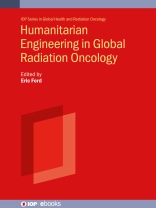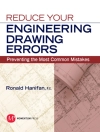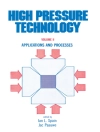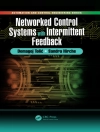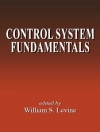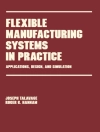Humanitarian engineering involves the application of engineering or engineering principles to improve the well-being of marginalized people and disadvantaged communities, usually in the developing world. Humanitarian engineering typically focuses on programs that are affordable, sustainable, and based on local resources. Radiation oncology is a medical speciality that involves the controlled use of radiation to treat cancer either for cure, or to reduce pain and other symptoms caused by cancer. Radiation therapy (also called radiotherapy) is the term used to describe the actual treatment delivered by the radiation oncology team.
This book provides a foundation for Humanitarian engineering, reflecting radiation oncology principles within a global health context.
Spis treści
Preface
Acknowledgements
Editor biography
List of contributors
1 Introduction to humanitarian engineering: varieties experience
2 Cost-effective radiation treatment delivery systems for low- and middle-income countries
3 Advanced information and communication technologies including artificial intelligence for global radiation oncology
4 Low-cost, high-quality x-ray imaging technology for radiotherapy
5 Engineering smart biomaterials for hypofractionated radiotherapy
6 Humanitarian engineering solutions: surgical oncology
7 Humanitarian engineering solutions: cervical cancer screening and treatment
8 Humanitarian engineering solutions: medical oncology
9 Humanitarian engineering education
References
O autorze
Eric Ford, Ph D is a Professor, Director and Vice-Chair of Medical Physics at the University of Washington, Fred Hutch Cancer Center. He has extensive experience in medical physics and global oncology, with over 160 papers and three books. He has been the Principal Investigator of multiple federal grants and is a frequent invited speaker in national and international forums. He is an active member of various professional societies including the American Association of Physicists in Medicine (AAPM) and the American Society for Radiation Oncology (ASTRO) and has served on the Board of both organizations. He is a valued mentor to students and other trainees and has been recognized with five teaching awards.
